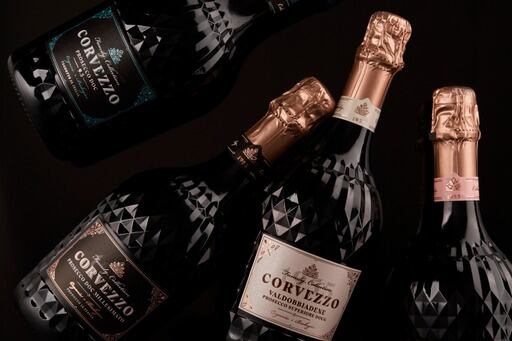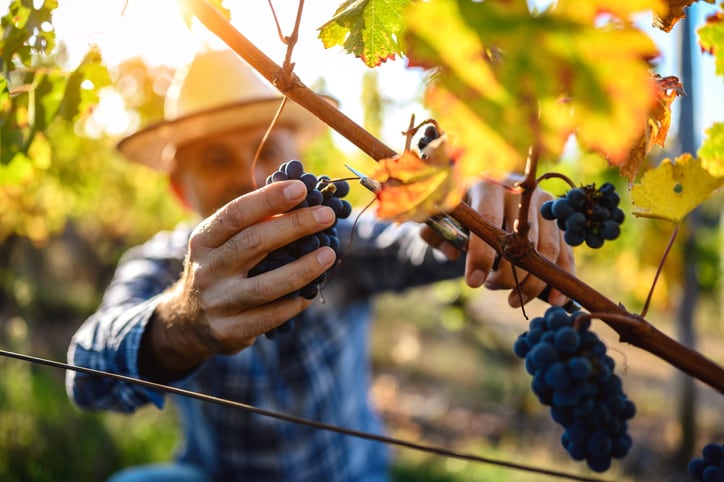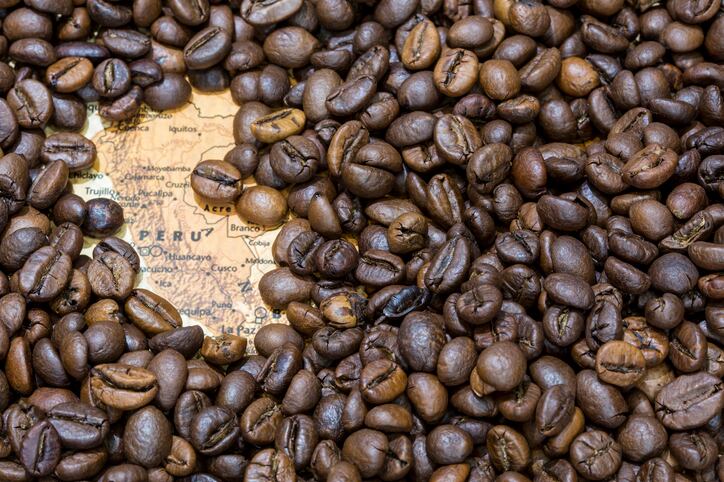Wine sales across the world are stagnant, at best. In fact, we might not see a return to pre-Covid levels just yet, but even then, it is inflation that is driving spending upwards as volume continues to decline. This pattern can be observed in almost every category as consumers either squeeze their budgets by refraining from buying the little luxuries, such as a bottle of wine, or make different choices prompted by social or health considerations.
Naturally, as a trade we look for growth opportunities elsewhere. Organic wine has been steadily growing in volume, value, and the range of organic wines available has increased in the last five years. Although it is not a solution to consumers’ tighter budgets, organic wine does meet a new influx of consumers on their own territory. So how can the wine trade speak to these consumers?
Cultivate consumer appeal
The way we produce wine offers an opportunity to use more ethical techniques that are better for the environment and even our health.
Importantly, these two values are increasingly at the forefront of the consumer’s mind when making purchasing decisions – and so, are worth exploring in the wine industry.
Promote ethical credentials
Over recent years, there has been a great surge of companies identifying themselves as a safe place for consumers to spend their money. Whether that is through the increasingly recognised BCorp certification or alternative sustainable and organic credentials, the underlying objective is the same; to earn the consumer’s trust. These certifications are becoming the norm within the food and drink industry, so much so that they exist as a customer’s expectation rather than a bonus.
Success stories: Staying ahead of the trend
When industry saturation is rife and products become increasingly replicable, the best response is to find people and companies that have been doing something before the trend emerged.
A few years ago, a meeting with Albino Armani, an Italian winemaker in Alto Adige that has been actively practicing sustainability since 1985, gave a refreshing insight into how wine producers can protect local surroundings and give back to the community. And that was before the sustainable bodies we know today even existed.
Similarly, Corvezzo, the largest producer of organic Prosecco, has 500 hectares of its own vines and have been practicing integrated pest management since 1980. This later scaled as 2010 saw the beginning of a seven-year process to entirely convert its vineyard to be organic. Since then, Corvezzo has built its reputation as a ‘good and organic’ producer, with 10 million bottles sold worldwide and plans to scale this to 15 million bottles over the next 18 months.

50% growth is clearly at odds with the overall wine market being in volume decline. It is testament to the quality of the products they sell and the wines’ market appeal. Even further, Corvezzo’s overarching value and commitment of ‘respecting the environment and health’ has quickly earned its trusting base of consumers. Its dedication to zero herbicides, pesticides, or chemical fertilisers and use of renewable energy provides production transparency is worthy of industry respect. Clearly not just an overnight producer of organic wines, Corvezzo has certainly benefited from being ahead of the game as the trend for organic products has blown up.
Meet dietary requirements
Sustainability and organic are not the only ways to draw in a new crowd in wine. Veganism has been on an exponential rise in the UK and is part of the ‘considered consumer’ wave that some wineries have been ready for. Clear labelling and active promotion of how different wines meet consumer lifestyle choices – whether dietary or ethical – will help consumers to make informed decisions at shelf.
Command premium pricing
"On average it costs £2-£3 more on a supermarket shelf for a bottle of organic prosecco than for a standard one, but sales figures suggest that consumers are willing to bridge that gap"
With added care comes added cost, which buyers and consumers must be willing to pay if they opt for wineries and vineyard owners that avoid taking the path of least resistance. On average it costs £2-£3 more on a supermarket shelf for a bottle of organic prosecco than for a standard one, but sales figures suggest that consumers are willing to bridge that gap.
Once the wine is on the shelf, it is not simply a case of hoping the consumer makes the right decision based on ethics. Marketeers should also ensure that their products go beyond just obtaining the ‘organic’ label by attracting sales on wine based on that all-important great taste and look. Failure to do so will deter mainstream consumers from trading up and bad experiences could turn shoppers away from the category, leaving organic wine as a niche choice for a small percentage of the market.
Final thoughts...
As the best performing sub-category, the 9.2% annual compound growth of the organic wine segment suggests it is here to stay. As consumers become more selective than ever, it certainly has great potential for members of the wine industry to explore.
A key question that wine retailers, distributors and producer must keep front of mind, is at what point does the benefits of an organic wine become outweighed by the tightening of consumer budgets? For some, never, but the spiralling cost of living might drive price up in the purchase decision making hierarchy and lead some consumers to reconsider purchasing a more premium product? It is likely that the current societal and economic landscape of the world will encourage consumers to maintain their little luxuries at all costs, however, the wine industry must continue to promote the value of quality. All in all, it will be fascinating to see how the wine market looks by the end of 2023.
About Beyond Wines: Beyond Wines is a UK based distributor founded by Alex Green and Matt Johnson, and is run by them as well as Director, Stuart Bond. They are three members of the senior team behind i heart wines and Freixenet and have over 60 years' combined experience in the wine trade. Beyond Wines’ portfolio includes pillar brand Liquid Diamond, created to make wine more accessible to the social media generation, and they also act as the UK agent to several internationally acclaimed wineries around the world.




